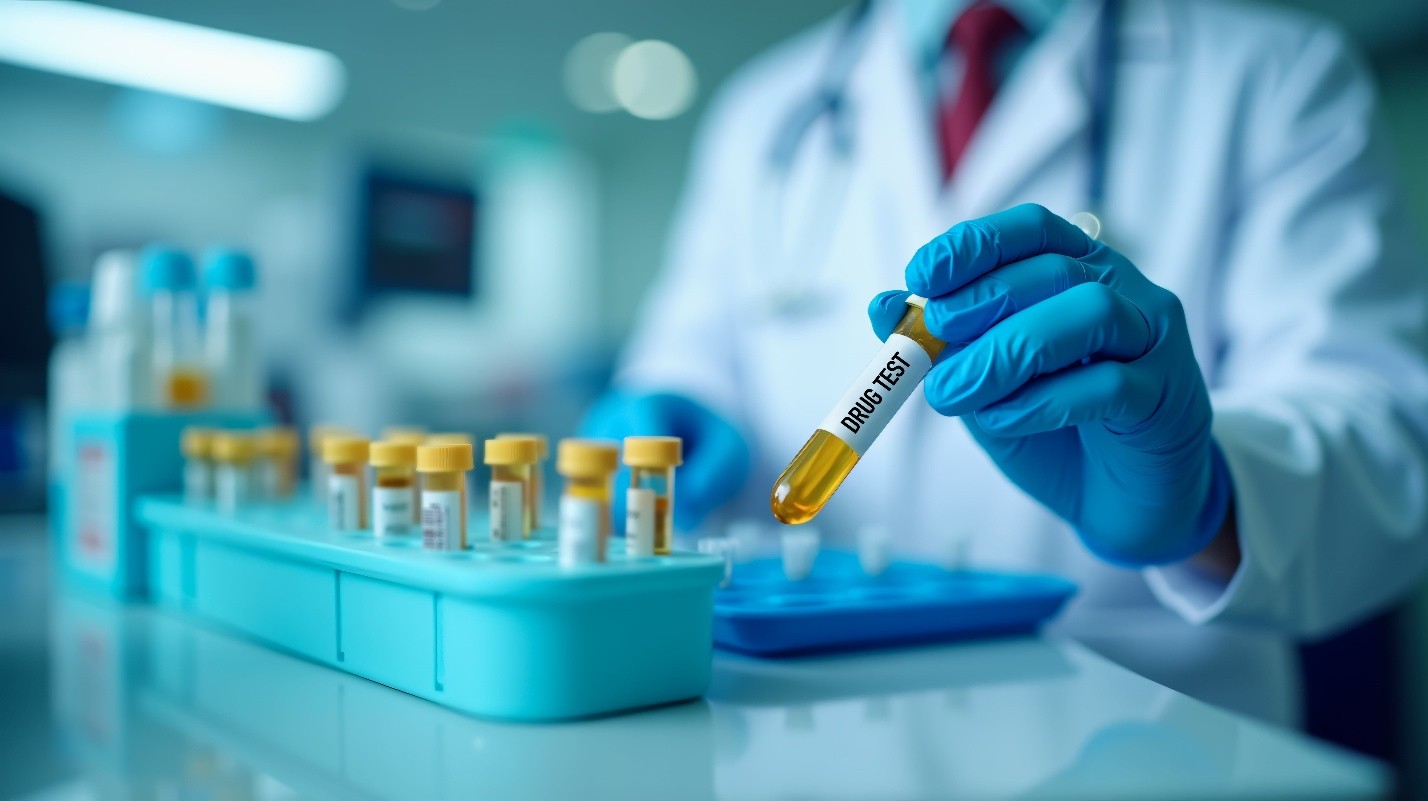Workplace drug testing has become a standard practice across many industries, especially in sectors where safety, productivity, and compliance are paramount. Toxicology, the scientific study of the adverse effects of chemical substances on living organisms, serves as the backbone of these programs. Genesis Reference Laboratories emphasizes that by analyzing biological samples to detect the presence of drugs or their metabolites, toxicologists play a crucial role in maintaining workplace safety and regulatory compliance. However, workplace drug testing is a subject of ongoing debate, with new trends and controversies shaping its implementation and societal perception.
The Foundations of Workplace Drug Testing
Workplace drug testing is primarily intended to ensure safety, productivity, and a drug-free work environment. Industries such as transportation, healthcare, construction, and manufacturing rely on drug testing to minimize risks associated with impaired performance, workplace accidents, and non-compliance with federal or industry-specific regulations.
The process typically involves collecting biological samples—such as urine, blood, saliva, hair, or breath—and analyzing them for the presence of specific substances. Toxicologists use advanced techniques, including immunoassays and liquid chromatography-mass spectrometry (LC-MS), to identify and quantify drug compounds or their metabolites. These results inform employers about whether an employee or job candidate has recently used substances that may impair their ability to perform job-related tasks safely and effectively.
Trends in Workplace Drug Testing
- Advancements in Testing Methods
Recent developments in toxicology have improved the accuracy, sensitivity, and speed of drug testing. Rapid-result tests, which can provide outcomes in minutes, are increasingly being adopted in pre-employment and random testing scenarios. Hair follicle testing, which offers a longer detection window than urine or saliva testing, is gaining popularity for its ability to identify chronic drug use.
- Focus on Prescription Drug Misuse
While earlier drug-testing programs focused primarily on illegal substances such as cocaine, marijuana, and methamphetamines, modern programs are increasingly addressing the misuse of prescription medications. The opioid epidemic, in particular, has highlighted the need for toxicology to detect substances such as oxycodone, hydrocodone, and fentanyl in workplace testing panels.
- Legalization of Cannabis
The growing legalization of cannabis for medical and recreational use presents challenges for workplace drug testing. THC, the psychoactive component in cannabis, can remain detectable in biological samples for days or even weeks after use. This raises questions about how to distinguish between past use and current impairment, especially in safety-sensitive roles. As a result, some employers are revisiting their drug-testing policies to account for legal cannabis use while maintaining safety standards.
- Integration of Artificial Intelligence (AI)
AI and machine learning technologies are being integrated into toxicology to improve data analysis and interpretation. These tools can enhance the efficiency of drug-testing programs by identifying patterns, reducing false positives, and predicting potential substance misuse trends within an organization.
Controversies Surrounding Workplace Drug Testing
- Privacy Concerns
One of the most significant controversies surrounding workplace drug testing is the potential invasion of employee privacy. Critics argue that drug testing can feel intrusive and undermine trust between employers and employees. Balancing the need for safety and productivity with respect for individual privacy remains a contentious issue.
- Accuracy and Reliability
Despite advancements in toxicology, no testing method is infallible. False positives—when a test indicates drug use that did not occur—and false negatives—when drug use is not detected—can have serious consequences. For example, consuming certain medications or foods can sometimes trigger positive results for substances like amphetamines or opioids. Employers must ensure that confirmatory testing and expert review are part of their programs to mitigate these risks.
- Impact on Recruitment and Retention
Strict drug-testing policies can limit the pool of qualified job candidates, particularly in industries already facing labor shortages. This is especially true in regions where cannabis use is legal and socially accepted. Some employers are opting to exclude cannabis from pre-employment testing panels to attract and retain talent.
- Ethical Considerations
The ethical implications of workplace drug testing extend beyond privacy concerns. Critics question whether testing programs disproportionately target certain groups, such as lower-income or blue-collar workers, while white-collar employees face less scrutiny. Employers must ensure that their policies are applied equitably across all levels of their organizations.
- Legal and Regulatory Challenges
The patchwork of state and federal laws governing workplace drug testing adds complexity to program implementation. Employers must navigate conflicting regulations, such as those concerning cannabis legalization, disability rights, and workplace safety requirements. Non-compliance can result in legal disputes, fines, or reputational damage.
Balancing Safety, Compliance, and Fairness
To address these controversies, employers and policymakers must strike a balance between ensuring workplace safety and respecting individual rights. Best practices for implementing drug-testing programs include:
- Clear Policies: Employers should establish transparent drug-testing policies that outline the purpose, scope, and procedures of their programs. Policies should be communicated effectively to all employees.
- Expert Consultation: Partnering with toxicologists and legal experts can help organizations design programs that are scientifically valid, legally compliant, and fair.
- Focus on Impairment: Employers are increasingly emphasizing impairment-based testing over detection-based testing. This approach prioritizes identifying employees who are unfit for duty rather than penalizing past substance use.
- Education and Support: Drug-testing programs should be paired with education initiatives and access to support services, such as employee assistance programs (EAPs) and substance abuse counseling. This fosters a culture of wellness rather than punishment.
Toxicology plays a vital role in workplace drug testing, offering scientific insights that help maintain safety, compliance, and productivity. However, the field is not without its challenges. As societal attitudes toward substances like cannabis evolve and technological advancements reshape testing methods, employers must adapt their approaches to address legal, ethical, and practical concerns. By prioritizing fairness, accuracy, and employee well-being, organizations can implement drug-testing programs that meet the needs of both employers and employees in an ever-changing landscape.
